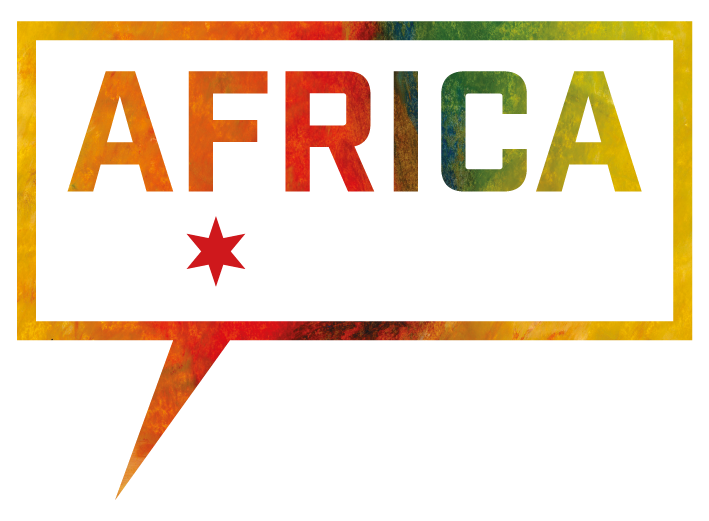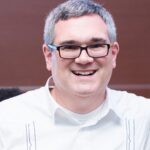Listen a lot before you even start the journey
My main job as project director of the Africa Study Bible over seven years was to listen, think, and listen some more. I spent probably hundreds of hours listening to Study Bible experts, African leaders, publishers, and those on the ground selling books. It was only in review, listening and asking questions that the plan was right and the potential was reached. The project was so different, so much more significant by the end from the start!
Expect that many of your pre-conceived ideas will be wrong
I was always ready and willing to be proved wrong. Although I am a strong person with a lot of strong opinions, only the opinions on the authority of God’s Word and the opinion that God wanted this done was what I would hold close. The rest would be held loosely, held with open hands for change and input. For example, we faced the question. “Who is an African author?” I thought I knew- someone born and raised in Africa. The African answer was quite different, “Someone with an African heart.” In this we had to sometimes stand against the criticism of “how could someone be an African author who was not born in Africa (maybe 5 of 300 authors)?” We had our answer at the ready. “The African leaders defined for us, who is an African author.”
Make course corrections constantly
We had about five years of weekly or bi-weekly editorial Wednesday meetings of the editorial team. Some of us made most every meeting, and many came in and out according to the specific needs of that meeting. We would invite, however, in the room who had the most insight. Hundreds of little decisions were made in those meetings. Like, what if one author translates a Swahili proverb in one way and another editor in another. That happened more often than you might think! We had to develop standards for this and a 100 other questions.

Stick with the Plan
With a seven-year project, 16 reviewers, and hundreds of authors it would have been impossible to respond to every request for a “suggested, needed change or course correction!” There was plenty of distracting input over the years and you must know how to sort this from the valid criticism. The deep and wise committee decisions from 2011 were our bedrock and a great grace. With this standard and mandate as our absolute, sorting the wheat from the chaff became intuitive and easy – most of the time.
Have the right people doing the right things
Our main standard was achieving excellence. We had to find the people with their 10,000 hours (Malcolm Gladwell), who had achieved excellence in their craft. If ethnicity or being African was important we always made it count. However, we found the right person for the job regardless of where they lived or where they were born. QUALITY drove the process. For early church history, for example, the Center for Early African Christianity (Thomas Oden), was central as they are one of the world experts in Ancient African Christianity, even though they were based in USA. In this we were neither “paternalistic,” nor “indigenous,” driven by the goal of creating the best product possible for God’s people in Africa. This, in my opinion, is a true manifestation of the body of Christ.
Know when to sprint
Oasis being so small, the last two years we basically put down everything else we were working on and said we are going to complete the Africa Study Bible. At the height we had about 80 editors, reviewers, artists, translators, proofreaders, project managers, and typesetters working, and it was all we could do to keep all this going full speed ahead. There came a point when we knew the project was so big and complex that it would take all of us working all the time to complete it by our most recent revised deadline, so that is what we did. A special thanks to our partners and Tyndale Foundation who stuck by us when that is all we were working on, without their belief in our team and the project the two-year-final-sprint would have been impossible!

